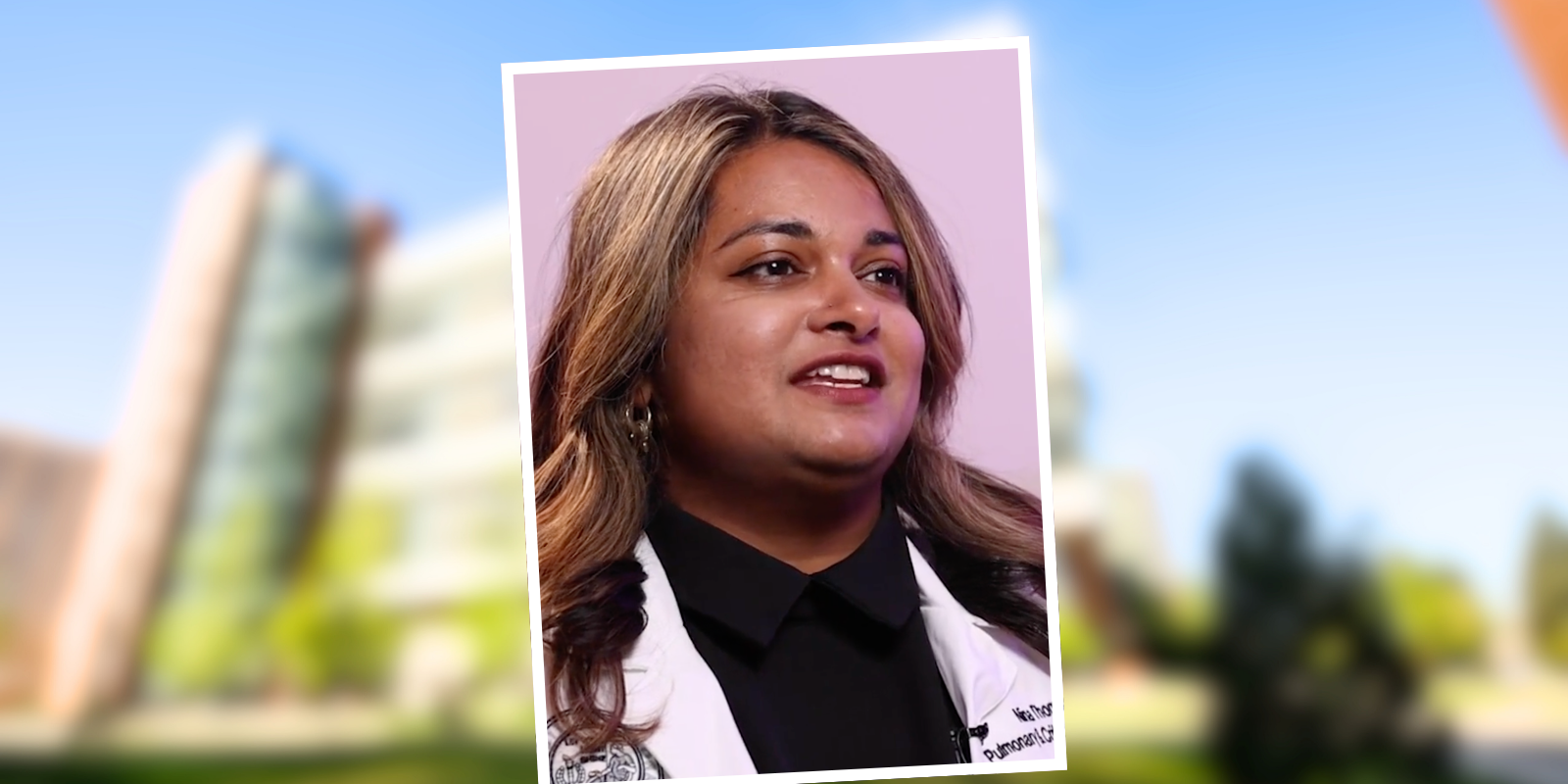A consortium of 17 cancer centers around the country have come together to better understand the consequences of the COVID-19 pandemic as it relates to delayed cancer detection, care and prevention.
The cancer centers are working together with the National Cancer Institute (NCI) on the impact of the pandemic on the continuum of cancer care from prevention to survivorship. This work will further examine whether differences in demographics impact cancer prevention and control, cancer management, and survivorship during the pandemic.
University of Colorado Cancer Center is working on this massive collaboration as a direct response to sobering forecasts from the NCI about cancer care during the COVID-19 pandemic.
“We need to know if the pandemic is keeping cancer patients from getting or affording their treatments, so we can figure out ways to overcome these barriers and help our patients stay well,” said Arnold Levinson, PhD, CU Cancer Center member and professor at the Colorado School of Public Health. Another area of concern is the delay in screenings. “If many people are delaying screening, we expect to see more severe cancers in the next few years. The problem will be worst in medically underserved populations, where people have a harder time getting treatment even without the pandemic.”
Furthermore, these delayed cancer screenings, clinical trials and testing during the pandemic could roll back significant gains made in recent years in reducing cancer deaths.
By coming together, these cancer centers will be able to develop and implement cancer prevention and control strategies to combat the ill effects of the pandemic, particularly among medically underserved populations where the pandemic may have exacerbated their unmet health needs.
Assessments among healthy volunteers and cancer survivors nationwide will focus on work and employment, housing/home life, social activities, emotional well-being, physical health, and behavior related to COVID-19 prevention, as well as cancer-related behaviors. By complying with current pandemic restrictions, individuals will be contacted by phone, text and social media.
“Early detection is key to the success of cancer treatment and the pandemic has halted access to screening services at many primary care settings,” said Evelinn Borrayo, PhD, associate director of the CU Cancer Center and director of its Office of Community Outreach and Engagement. “We expect that these delays in screening will result in numerous cancers being diagnosed at a late-stage and possibly higher cancer mortality. We will need to expedite screenings, particularly in underserved communities without access.”
Participating cancer centers are: University of Colorado Cancer Center, O’Neal Comprehensive Cancer Center (Alabama), The Barbara Ann Karmanos Cancer Institute (Michigan), The Ohio State University Comprehensive Cancer Center, Holden Comprehensive Cancer Center (Iowa), Stephenson Cancer Center (Oklahoma), UC Davis Comprehensive Cancer Center (California), Knight Cancer Institute (Oregon), Fred Hutchinson/University of Washington Cancer Consortium, University of Virginia Cancer Center, Huntsman Cancer Institute (Utah), Vanderbilt-Ingram Cancer Center (Tennessee), Sylvester Comprehensive Cancer Center (Florida), Alvin J. Siteman Cancer Center (Missouri), Markey Cancer Center (Kentucky), The University of Kansas Cancer Center and University of Texas MD Anderson Cancer Center.



